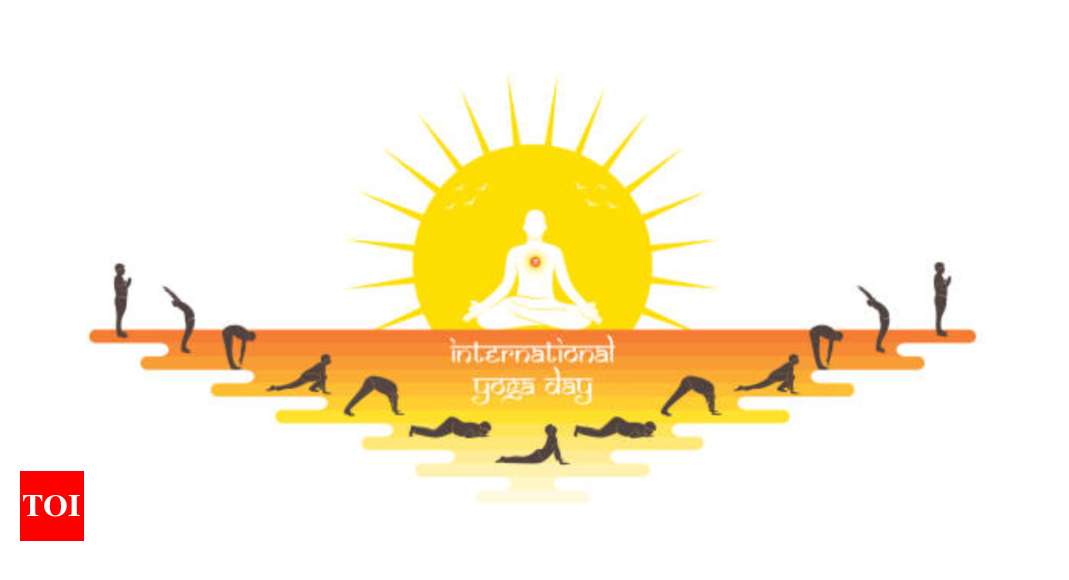According to the United Nations, international days and weeks are established to educate publics on issues of concern, mobilize political will and resources to address global problems, and celebrate and strengthen human achievements.
This ancient physical, mental and spiritual practice, which originated in India, is celebrated every year with a theme – this year’s theme is “Yoga for Self and Society”.
What does this mean?
Yoga has enormous benefits for both individuals and society. At an individual level, it promotes physical health by improving flexibility, strength and balance, as well as mental health by reducing stress, anxiety and depression. Regular yoga practice fosters self-awareness, mindfulness and inner peace, leading to a balanced and harmonious life.
How Yoga Improves Overall Health
For society, yoga promotes a culture of health and wellness. Yoga brings people together, creating a sense of community and common purpose. Group yoga sessions can foster social bonds and mutual support. Furthermore, yogic principles such as compassion, non-violence, and respect for all living beings encourage ethical behavior and social harmony.
Yoga’s emphasis on mindfulness and self-discipline leads to more conscious living, reducing negative behaviors and promoting sustainable practices. By cultivating individual well-being and promoting positive social interactions, yoga contributes to healthier, more peaceful and connected societies.
Yoga Day and India
The resolution to observe International Day of Yoga was proposed under the leadership of the Prime Minister of India. Narendra Modi“Yoga is a precious gift from our ancient traditions. Yoga embodies the unity of mind and body, thought and action… a holistic approach. [that] “Yoga is valuable for our health and well-being. Yoga is not just exercise; it is a way of discovering oneness with oneself, the world and nature,” PM Modi said at the 69th UN General Assembly.
The Importance of Yoga
Yoga is essential for overall health, including physical, mental and emotional health.
Physically, yoga improves flexibility, strength and balance, enhancing overall health and reducing the risk of chronic disease. It also supports cardiovascular health, boosts the immune system and improves posture and balance.
Mentally, yoga is an effective tool for stress reduction and mental clarity. Yoga cultivates mindfulness and relaxation, which can help relieve anxiety and depression. Through breath control and meditation, yoga increases focus, emotional stability and resilience, fostering a calmer, more relaxed state of mind.
Emotionally, yoga promotes self-awareness and self-acceptance. Yoga helps individuals connect with their inner selves, promoting a sense of peace and contentment. Yoga’s principles of compassion, non-violence and mutuality encourage positive actions and relationships, contributing to personal growth and social harmony.

